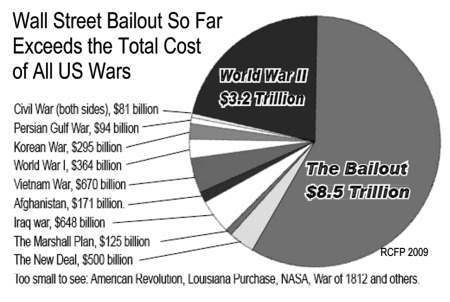From Wikipedia’s entry on the American Revolutionary War
Early in 1775, the British Army consisted of about 36,000 men worldwide… Additionally, over the course of the war the British hired about 30,000 soldiers from German princes, these soldiers were called “Hessians” because many of them came from Hesse-Kassel. The troops were mercenaries in the sense of professionals who were hired out by their prince. Germans made up about one-third of the British troop strength in North America.
On December 26th 1776 after being chased by the British army under Lords Howe and Cornwallis augmented by these “Hessians” led by Wilhelm von Knyphausen from Brooklyn Heights to the other side of the Delaware the fate of the Continental Army and thus the United States looked bleak. The Continental Congress abandoned Philidephia, fleeing to Baltimore. It was at this time Thomas Paine was inspired to write The Crisis.
The story of Washington’s re-crossing of the Delaware to successfully attack the “Hessian” garrison at Trenton is taught to every school child.
On March 31, 2004 Iraqi insurgents in Fallujah ambushed a convoy containing four American private military contractors from Blackwater USA.
The four armed contractors, Scott Helvenston, Jerko Zovko, Wesley Batalona and Michael Teague, were dragged from their cars, beaten, and set ablaze. Their burned corpses were then dragged through the streets before being hung over a bridge crossing the Euphrates.
Of this incident the next day prominent blogger Markos Moulitsas notoriously said-
Every death should be on the front page (2.70 / 40)
Let the people see what war is like. This isn’t an Xbox game. There are real repercussions to Bush’s folly.
That said, I feel nothing over the death of merceneries. They aren’t in Iraq because of orders, or because they are there trying to help the people make Iraq a better place. They are there to wage war for profit. Screw them.
(From Corpses on the Cover by gregonthe28th. This link directly to the comment doesn’t work for some reason.)
Now I think that this is a reasonable sentiment that any patriotic American with a knowledge of history might share.
Why bring up this old news again, two days from the 231st anniversary of the Battle of Trenton?
Warnings Unheeded On Guards In Iraq
Despite Shootings, Security Companies Expanded Presence
By Steve Fainaru, Washington Post Foreign Service
Monday, December 24, 2007; A01
The U.S. government disregarded numerous warnings over the past two years about the risks of using Blackwater Worldwide and other private security firms in Iraq, expanding their presence even after a series of shooting incidents showed that the firms were operating with little regulation or oversight, according to government officials, private security firms and documents.
…
Last year, the Pentagon estimated that 20,000 hired guns worked in Iraq; the Government Accountability Office estimated 48,000.
…
The Defense Department has paid $2.7 billion for private security since 2003, according to USA Spending, a government-funded project that tracks contracting expenditures; the military said it currently employs 17 companies in Iraq under contracts worth $689.7 million. The State Department has paid $2.4 billion for private security in Iraq — including $1 billion to Blackwater — since 2003, USA Spending figures show.
…
The State Department’s reliance on Blackwater expanded dramatically in 2006, when together with the U.S. firms DynCorp and Triple Canopy it won a new, multiyear contract worth $3.6 billion. Blackwater’s share was $1.2 billion, up from $488 million, and the company more than doubled its staff, from 482 to 1,082. From January 2006 to April 2007, the State Department paid Blackwater at least $601 million in 38 transactions, according to government data.
The company developed a reputation for aggressive street tactics. Even inside the fortified Green Zone, Blackwater guards were known for running vehicles off the road and pointing their weapons at bystanders, according to several security company representatives and U.S. officials.
Based on insurance claims there are only 25 confirmed deaths of Blackwater employees in Iraq, including the four killed in Fallujah. You might care to contrast that with the 17 Iraqis killed on September 16th alone. Then there are the 3 Kurdish civilians in Kirkuk on February 7th of 2006. And the three employees of the state-run media company and the driver for the Interior Ministry.
And then exactly one year ago today, on Christmas Eve 2006, a Blackwater mercenary killed the body guard of Iraqi Vice President Adil Abdul-Mahdi while drunk at a Christmas party (the mercenary, not the guard or Vice President Abdul-Mahdi who were both presumably observant Muslims and no more likely to drink alcohol than Mitt Romney to drink tea).
Sort of makes all those embarrassing passes you made at co-workers and the butt Xeroxes at the office party seem kind of trivial, now doesn’t it?
So that makes it even at 25 apiece except I’ve hardly begun to catalog the number of Iraqis killed by trigger happy Blackwater mercenaries.
They say irony is dead and I (and Santayana) say that the problem with history is that people who don’t learn from it are doomed to repeat it.

